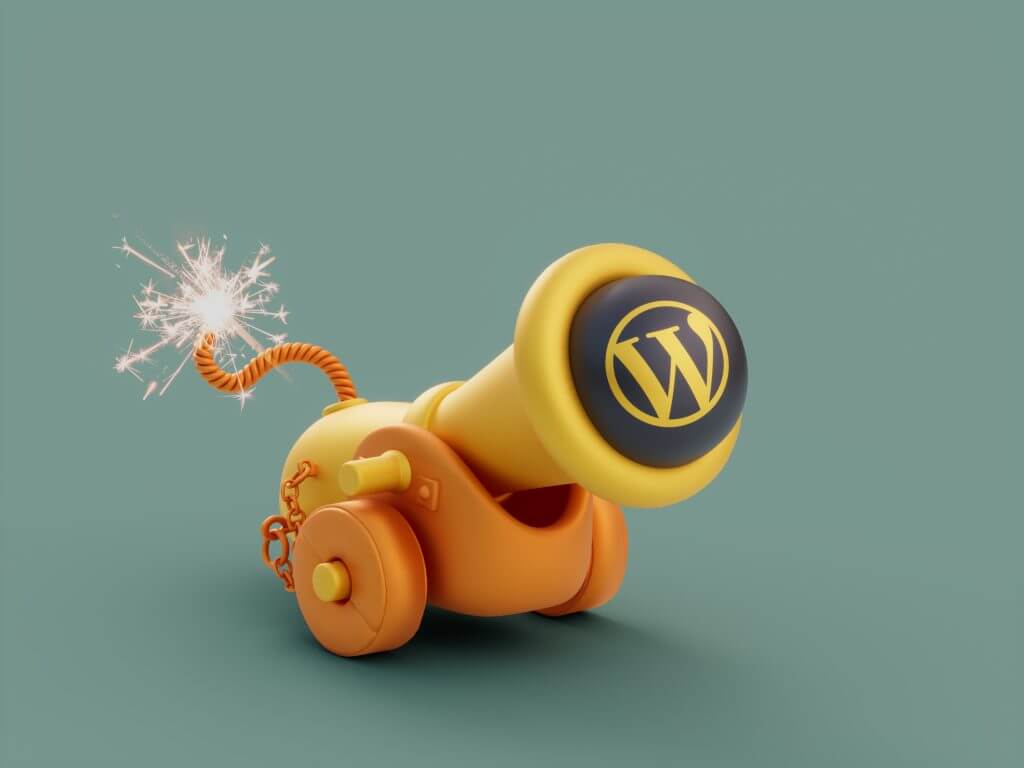8 Min Read

WordPress is a popular content management system used by millions of websites around the world. However, if you want your WordPress website to rank higher on search engines, you need to ensure that it is optimized for search engine optimization (SEO). In this post, we will discuss the top 9 WordPress technical SEO issues that you need to address to improve your website’s search engine rankings.
1- Slow Loading Speeds
A slow loading speed can hurt your website’s search engine rankings. To improve your website’s loading speed, you can optimize your images, minify your code, and use a content delivery network (CDN).
2- Lack of Mobile Optimization
With mobile devices accounting for the majority of internet traffic, having a mobile-friendly website is crucial. To optimize your website for mobile devices, you can use a responsive design, avoid pop-ups, and ensure that your website’s fonts are readable on mobile devices.
3- Duplicate Content
Duplicate content can negatively impact your website’s search engine rankings. To avoid duplicate content, you can use canonical tags, avoid publishing the same content on multiple pages, and ensure that your website’s URLs are unique.
4- Missing Meta Tags
Meta tags are essential for SEO as they provide search engines with information about your website. To ensure that your website has all the necessary meta tags, you can use an SEO plugin like Yoast SEO.
5- Broken Links
Broken links can hurt your website’s user experience and search engine rankings. To fix broken links, you can use a broken link checker plugin or manually check your website for broken links.
6- Improper Use of Headings
Headings help search engines understand the structure of your website’s content. To use headings correctly, you should use only one H1 tag per page, use H2-H6 tags for subheadings, and ensure that your headings are descriptive and relevant.
7- Lack of SSL Certificate
An SSL certificate is essential for website security and can also improve your website’s search engine rankings. To get an SSL certificate, you can contact your web host or use a free SSL certificate provider like Let’s Encrypt.
8- Poor URL Structure
Your website’s URL structure is essential for both user experience and SEO. To create a good URL structure, you should use descriptive words, avoid using special characters, and ensure that your URLs are readable.
9- Missing Alt Tags for Images
Alt tags provide search engines with information about your website’s images. To ensure that your images have alt tags, you can use an SEO plugin like Yoast SEO or manually add alt tags to each image on your website.
In conclusion, technical SEO is an essential aspect of optimizing your WordPress website for search engines. By addressing the top 9 technical SEO issues we have discussed in this post, you can ensure that your website is properly optimized for search engines and provides a great user experience for your visitors.
In the market, there exists a multitude of marketing automation software options, each offering its distinct features and advantages. As a digital agency, we recommend that businesses meticulously assess their marketing requirements and objectives before selecting the optimal marketing automation software that caters to their specific needs.
Furthermore, by incorporating a solid technical SEO strategy into your overall digital marketing plan, you can establish your website as a credible and authoritative source of information in your niche or industry. This can help you build trust with your target audience, increase your brand’s visibility, and ultimately drive more conversions and sales for your business.
So, don’t neglect your website’s technical SEO! Take the time to address these top 9 WordPress technical SEO issues and stay ahead of the competition in the search engine rankings.
FAQs:
Q1: What is the best way to optimize images for SEO?
A: To optimize your images for SEO, you can compress them, use descriptive filenames, and add alt tags.
Q2: How can I check my website’s loading speed?
A: You can use tools like GTmetrix, Pingdom, or Google PageSpeed Insights to check your website’s loading speed.
Q3: Do I need to use a CDN for my website?
A: While a CDN is not necessary, it can significantly improve your website’s loading speed and user experience.



